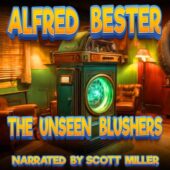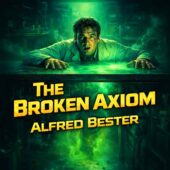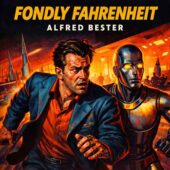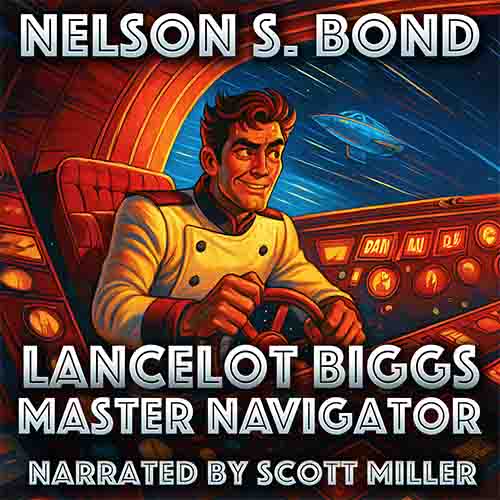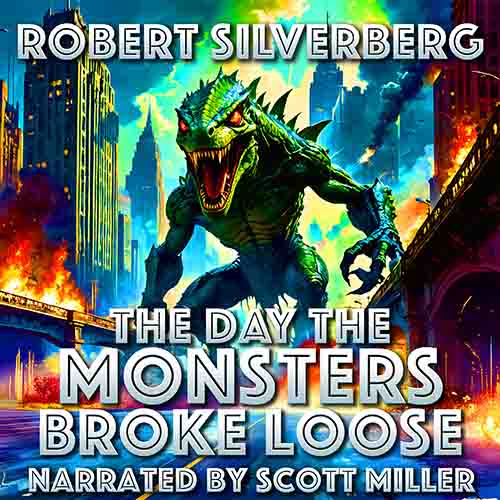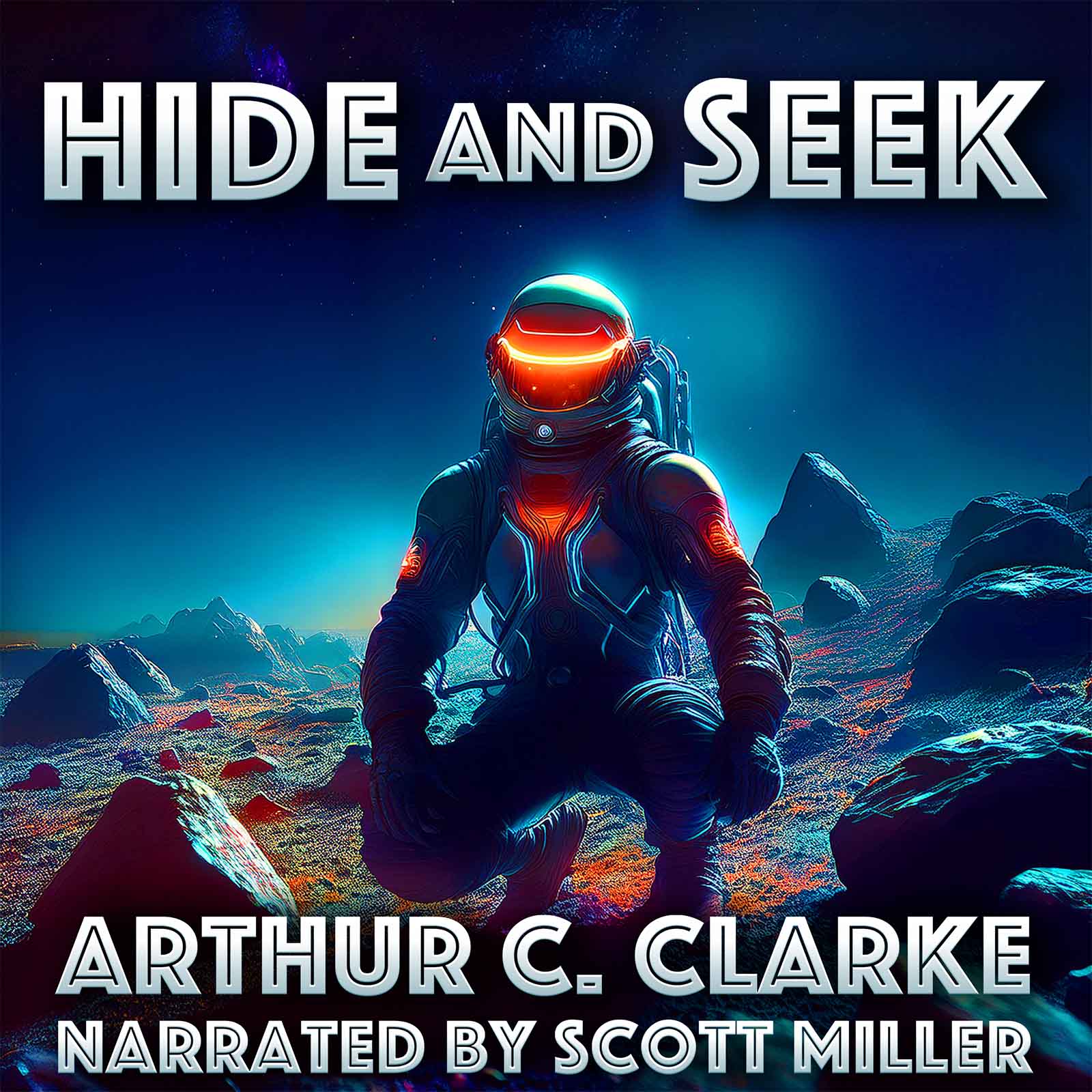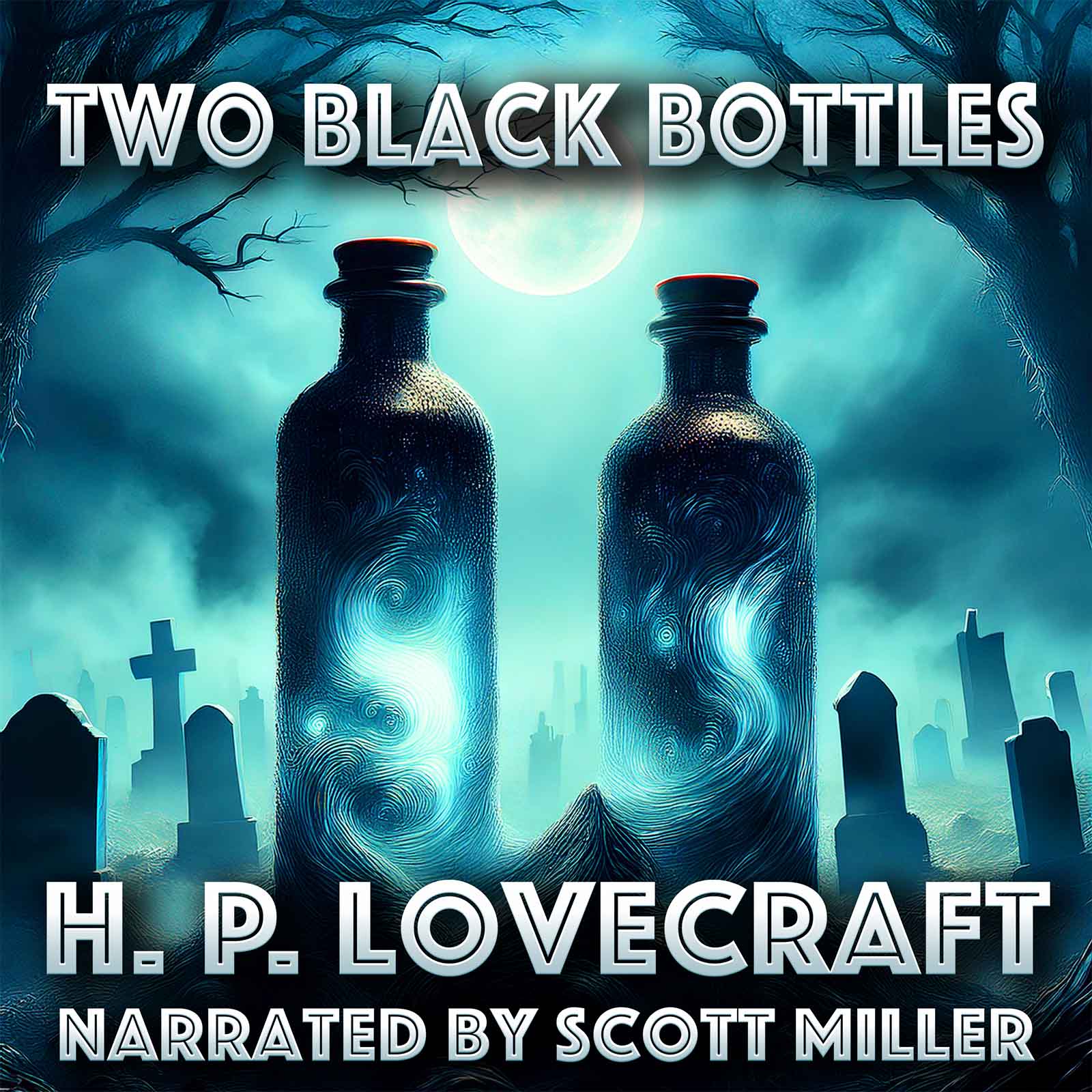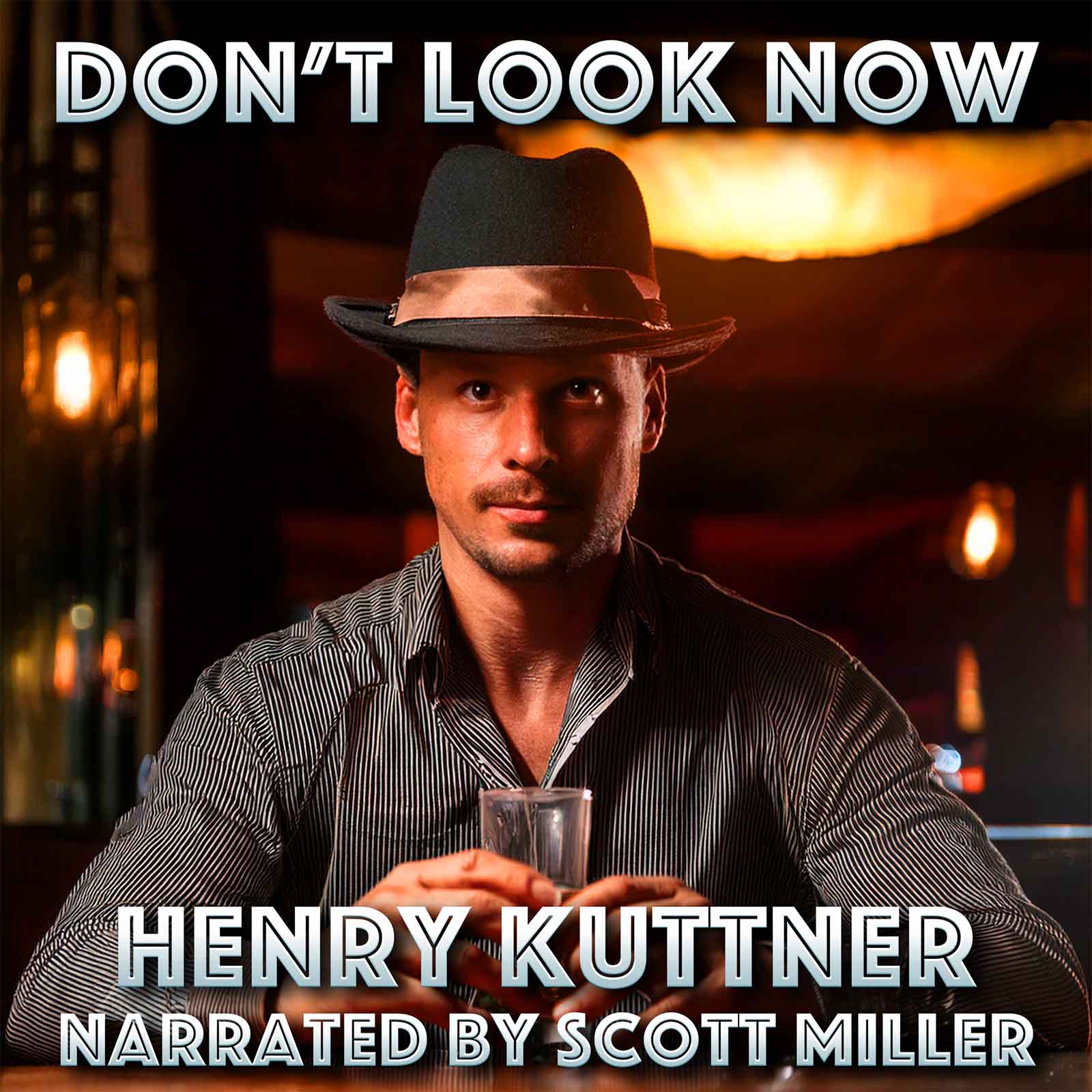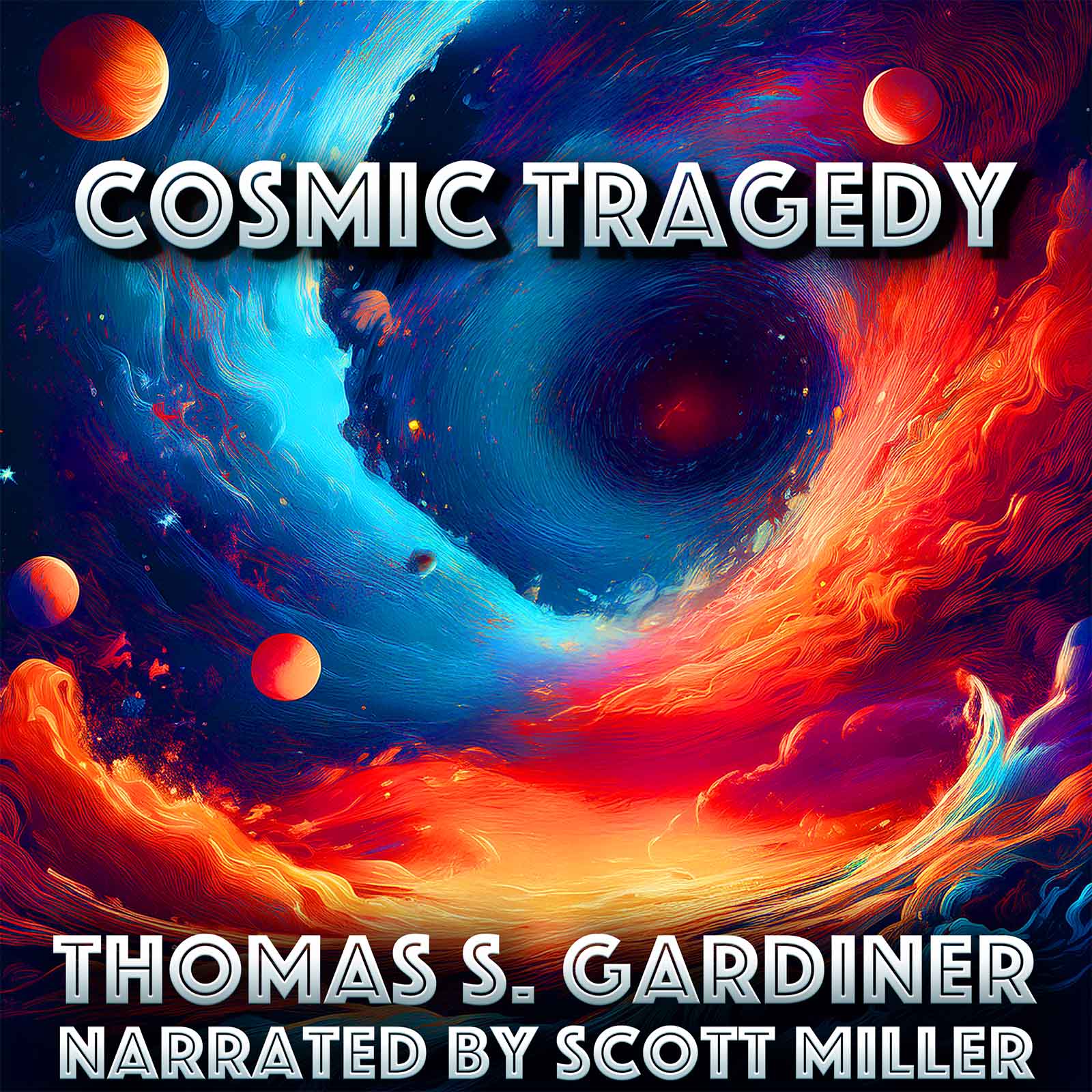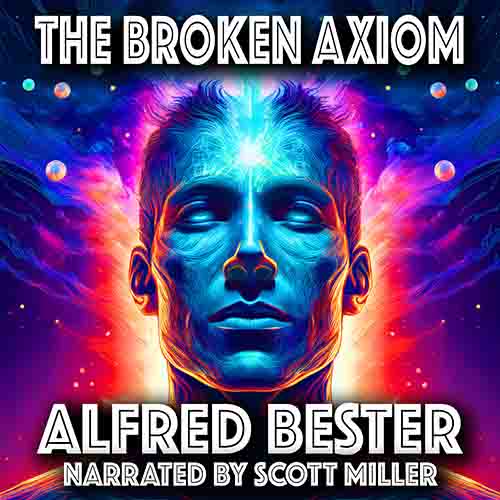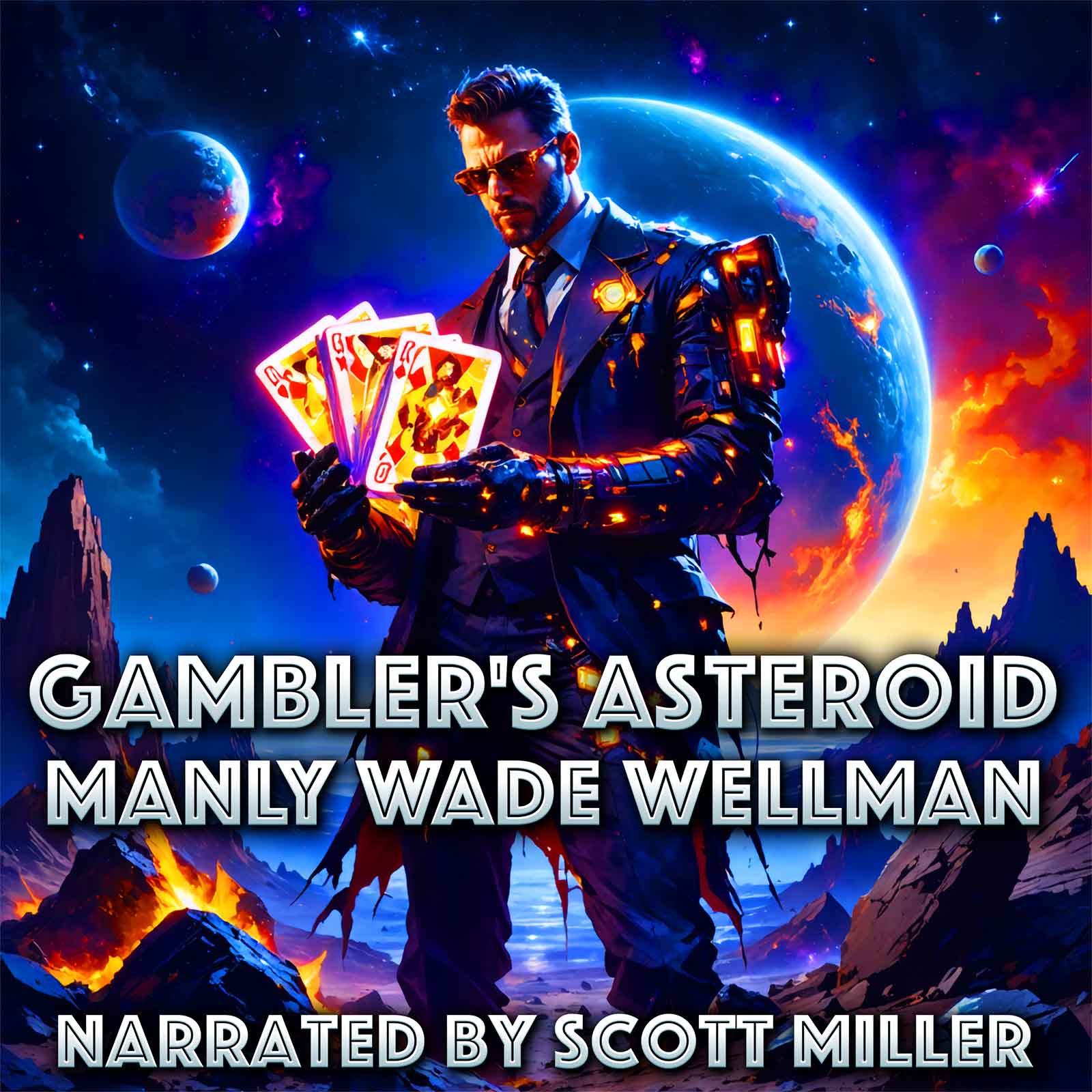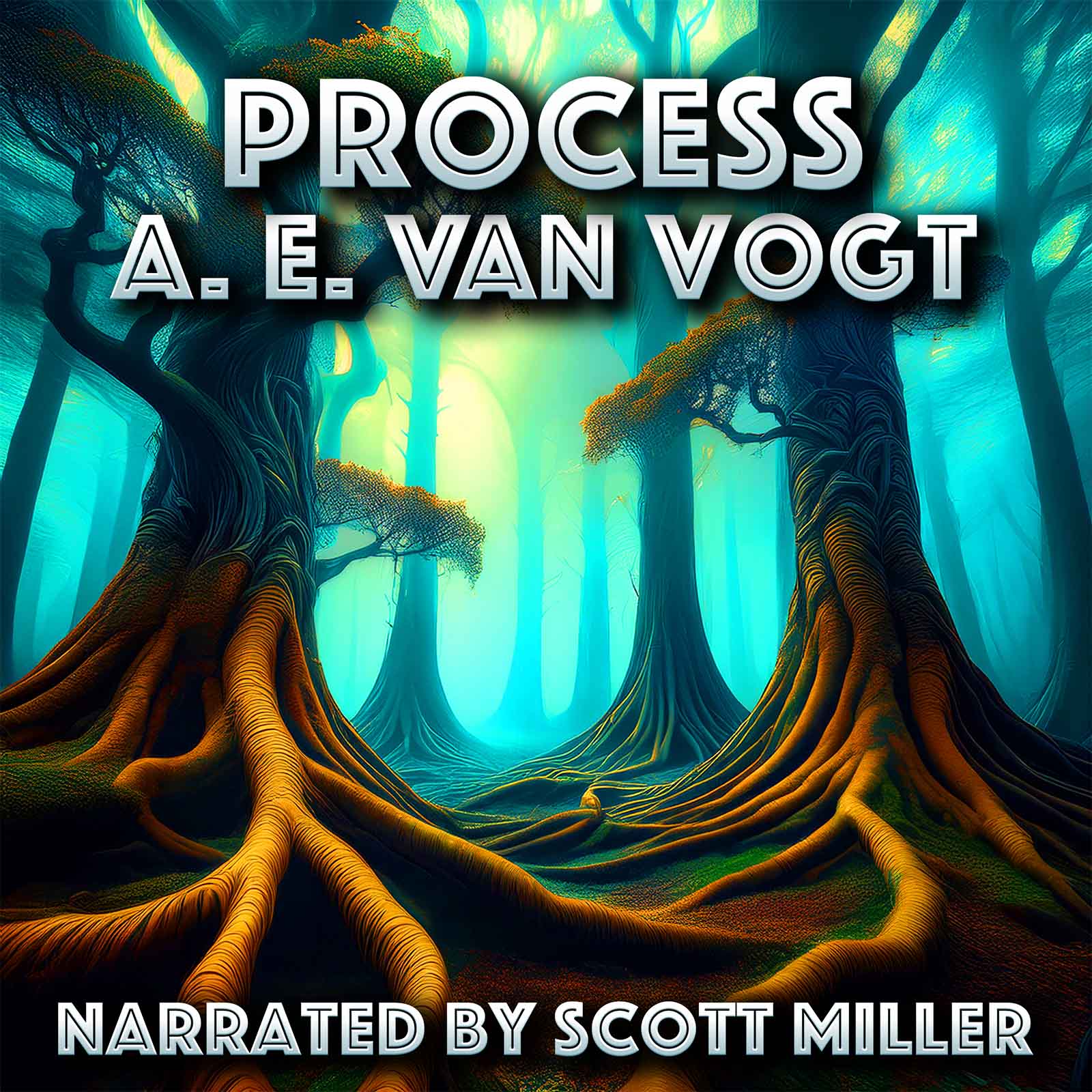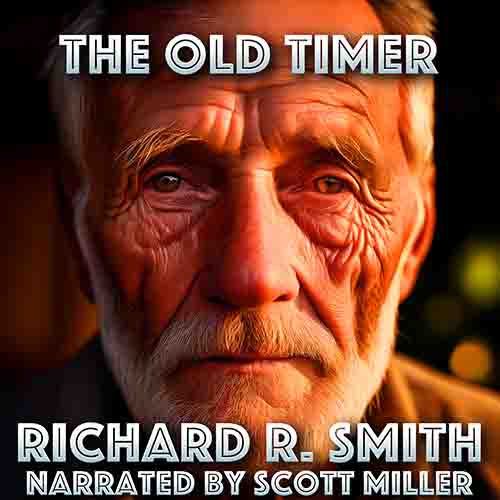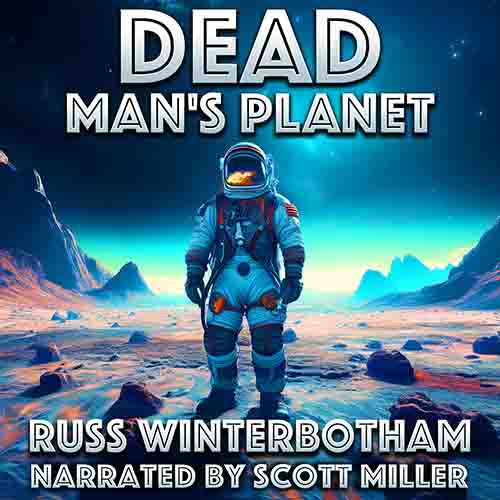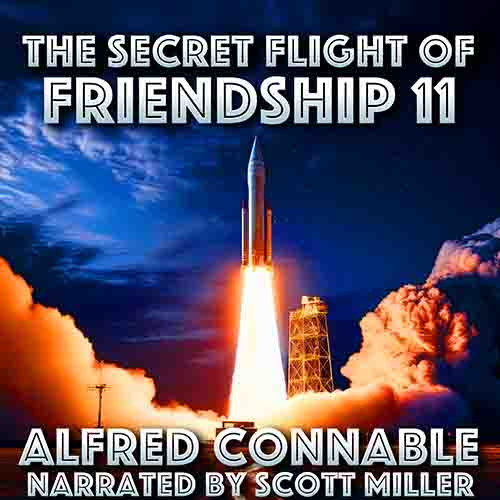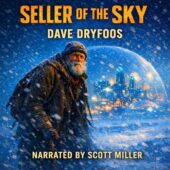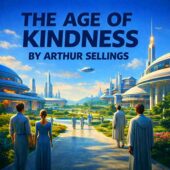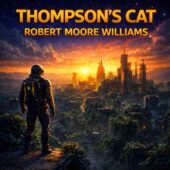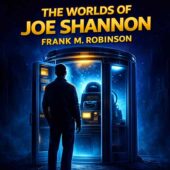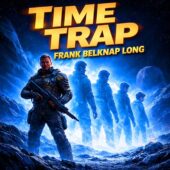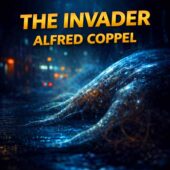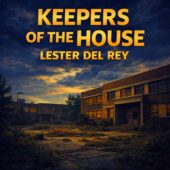Alfred Bester
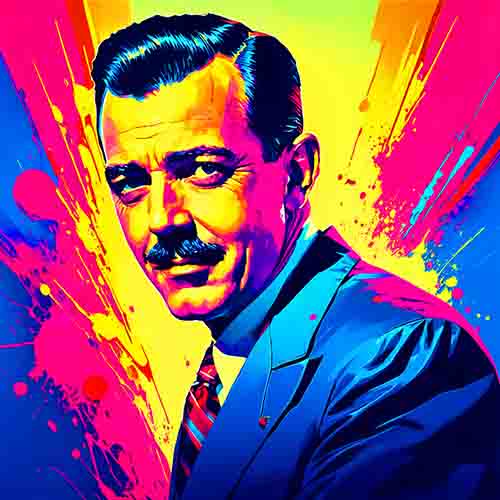
Biography
Alfred Bester (1913–1987) was an American science fiction writer, editor, and journalist whose dazzling imagination and experimental style reshaped the landscape of modern speculative fiction. Born in New York City, Bester studied psychology and literature before launching his career as a comic book writer in the 1940s, scripting for DC Comics characters like Superman, Batman, and Green Lantern. His flair for dynamic storytelling and psychological depth soon carried over into prose, where he quickly became one of the most innovative voices of science fiction’s mid-century boom.
Bester’s fiction is marked by stylistic boldness, psychological complexity, and a keen sense of irony. His first major success came with The Demolished Man (1953), a trailblazing novel about crime and punishment in a telepathic society. It won the very first Hugo Award for Best Novel, cementing his place in the genre’s history. He followed it with The Stars My Destination (1956), a revenge-driven odyssey often hailed as a masterpiece of science fiction, blending themes of transformation, obsession, and the latent power of humanity with a style that anticipated cyberpunk decades ahead.
Among his most celebrated shorter works is “Fondly Fahrenheit” (1954), a chilling tale of identity and madness that masterfully blurs the line between man and machine. Narrated through shifting perspectives, it follows a man and his murderous android, exploring guilt, responsibility, and fractured consciousness in ways that were revolutionary for its time. The story remains one of science fiction’s most anthologized and influential works, frequently cited as a high point in the short story form.
In addition to his fiction, Bester worked as a journalist and editor, including a stint at Holiday magazine, where his sharp eye for culture and people enriched his prose. He later returned to science fiction with works like The Computer Connection (1975) and Golem100 (1980), though his earlier novels and stories remain his most enduring legacy.
Bester’s influence is immense. His daring use of typography, stream-of-consciousness, and nonlinear structure expanded the artistic possibilities of the genre. Writers such as William Gibson, Samuel R. Delany, and Neil Gaiman have cited him as an inspiration. Award bodies recognized his achievements as well: in 1988, the Science Fiction and Fantasy Writers of America posthumously named him a Grand Master, honoring a career that permanently altered the field.
Alfred Bester is remembered as a stylistic pioneer and one of science fiction’s true visionaries. Through novels like The Demolished Man and The Stars My Destination and unforgettable short works such as “Fondly Fahrenheit,” he demonstrated that science fiction could be as bold, experimental, and literary as any other form of art. His work continues to inspire readers and writers, ensuring his place as one of the genre’s greatest innovators.
